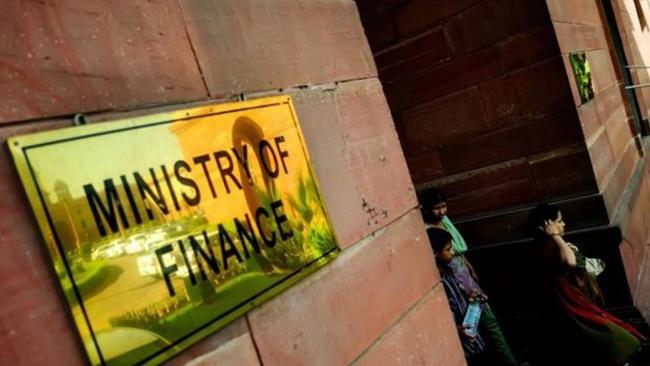Centre sets up Panel on financial year cycle; report by December

New Delhi: The Narendra Modi-led NDA government has set up a Panel to examine the feasibility of changing the financial year from its existing April-March cycle. Headed by former CEA Shankar Acharya, the Panel will examine if there would be any benefit in shifting to a different cycle. The committee also includes former Cabinet Secretary KM Chandrasekhar, former Tamil Nadu Finance Secretary PV Rajaraman and Rajiv Kumar, a fellow of the Centre for Policy Research. The Panel is expected to submit its report by December 2016, according to the Union Finance Ministry.
India follows financial year cycle from March 1 to 30 April midnight. The Union Finance Ministry in a statement said the committee would examine the ‘desirability and feasibility’ of having a new financial year cycle. The committee will have to provide a reasoning for its recommendation, from the point of view of correct estimation of the receipts and expenditure of the Central and state governments.
The Union Finance Ministry in a statement said the committee would examine the ‘desirability and feasibility’ of having a new financial year cycle. The committee will have to provide a reasoning for its recommendation, from the point of view of correct estimation of the receipts and expenditure of the Central and state governments.
This is not the first time Indian government explored ways to change the financial year cycle. In 1984, the LK Jha committee recommended moving to a January-December format.
The Finance Ministry in the statement said: “The Committee after thoroughly evaluating all relevant factors will recommend the date for commencement of the financial year which in its view is the most suitable for the country. In case a change in the financial year is recommended, the Committee may also work out modalities for effecting the change, which would include appropriate timing of change, determination of a transitional period, the change in tax laws during the transitional period. The committee will interact with experts, institutions and government departments for framing its report.”
The committee would also have to state the likely effect of its recommendation on the different agricultural crop periods and the relationship of the financial year to the working season.
The Committee will analyse the benefits and challenges if financial year cycle is changed. The Centre is keen on possible impact on on businesses, taxation systems and procedures, statistics and data collection and the convenience of the legislatures for transacting budget work. The committee will further have to provide the government with the genesis of the current financial year and the studies made in the past on the desirability of change in financial year.
Different countries follow different financial years. The US has October 1 to September 30 financial year. Australia’s financial year is from July 1 to June 30. China follows a January 1-December 31 financial year. India and other nations including Canada, the United Kingdom (UK), New Zealand, Hong Kong and Japan follow an April 1-March 31 financial year.
Different countries follow different financial years. The US has October 1 to September 30 financial year. Australia’s financial year is from July 1 to June 30. China follows a January 1-December 31 financial year. India and other nations including Canada, the United Kingdom (UK), New Zealand, Hong Kong and Japan follow an April 1-March 31 financial year.




